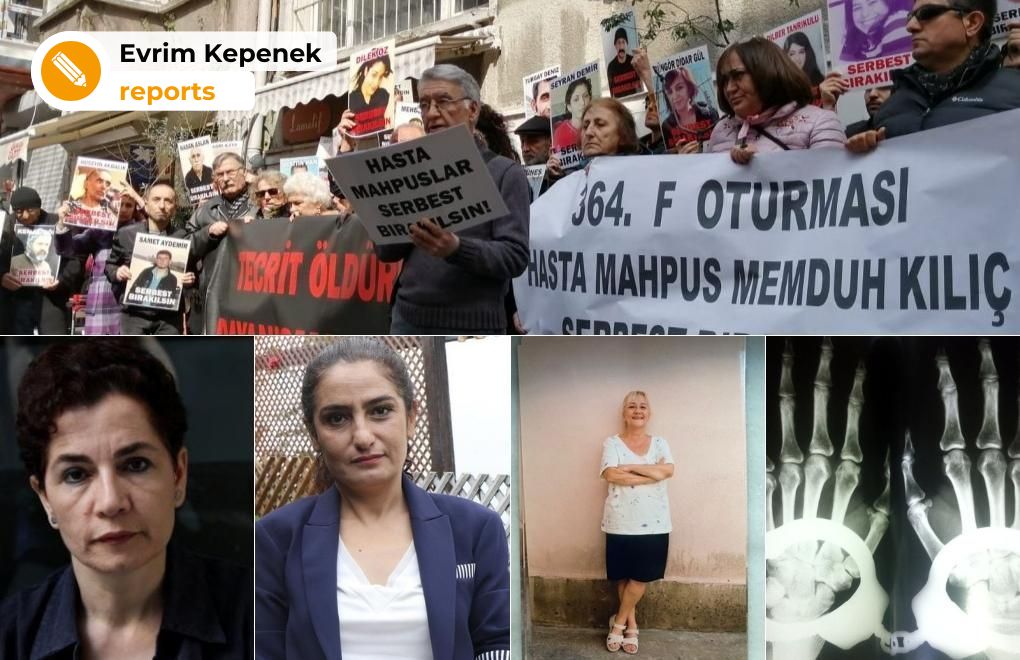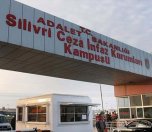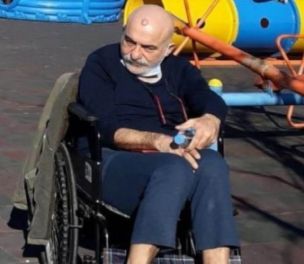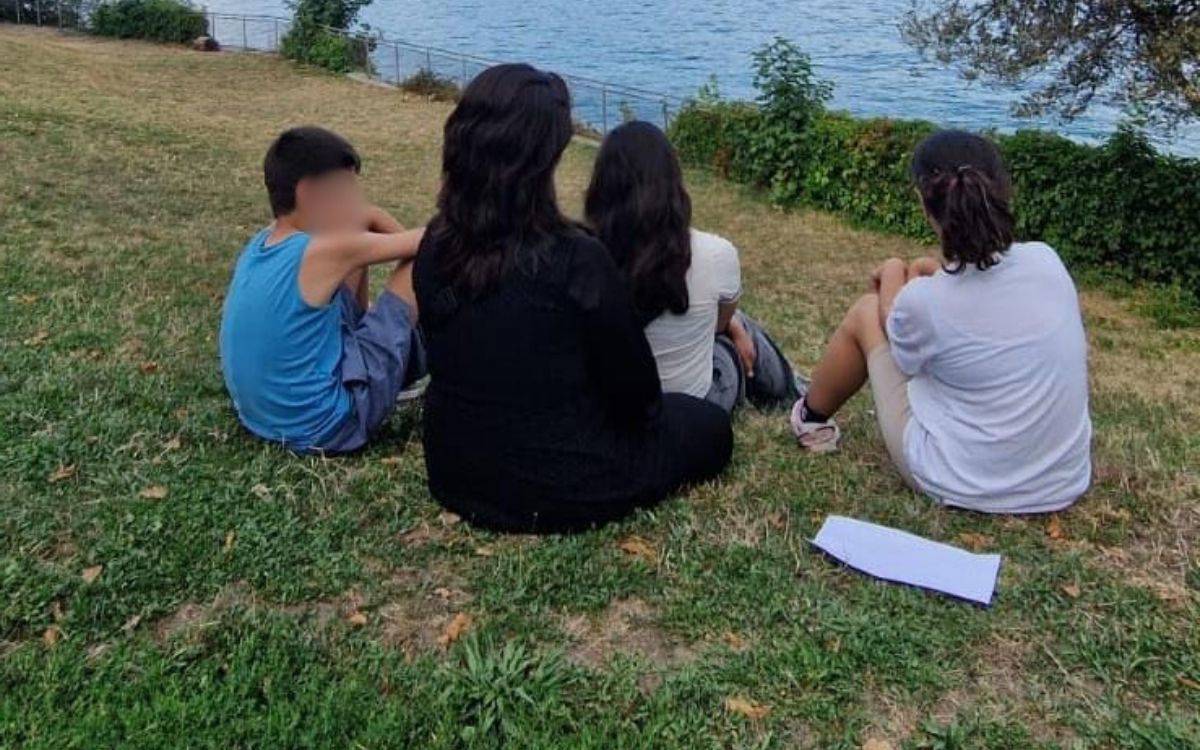Click to read the article in Turkish
*The handcuffed medical examinations applied to Mücella Yapıcı is a problem all prisons face and needs to be resolved immediately.
*Sick prisoners are taken to the doctor in single-cell prison vehicles. Prisoners who oppose this are deprived of their right to have proper treatment.
*There is a family medicine practice in prisons which results in a lack of proper treatment."
The problems you have read above are among the countless violations of rights, especially faced by ill prisoners.
These problems have come to the fore again with the handcuffed X-ray film and dental examination for architect Mücella Yapıcı, one of the Gezi Prisoners.
Yapıcı announced that she was taken to all examinations in hadcuffs and that the handcuffs were not removed during the dental examination. She said that they did not intend to remove the handcuffs even during an x-ray, but were removed upon her own insistence.
CLICK - Mücella Yapıcı examined in handcuffs, CHP submits a Parliamentary question
Civil Society in Penal System Association (CİSST) Advocacy Coordinator Berivan Korkut and lawyer Gülizar Tuncer have told bianet about the violations of rights in İstanbul Bakırköy Women's Prison. Both of them think that the related regulation should be amended immediately.
Korkut: A chronic problem for prisons
Berivan Korkut, the Advocacy Coordinator of CISST, has stated the following about the handcuffed examinations imposed on prisoners:
"People think that handcuffed examination has been applied for the first time, but this has been a chronic problem in prisons in Turkey for a long time.
"The public learned about that violation when Mücella Yapıcı brought it up, but it is an issue that has been on our agenda for years.
"Many political prisoners refuse to be handcuffed during medical examinations and are sent back to prison without receiving medical treatment. This is a chronic problem throughout prisons in Turkey."
"Prisoners are not considered patients"
"Article 123 of the regulation clearly states the cases in which handcuffs can be removed and put on.
"Officials who did not remove the handcuffs say that they acted in accordance with this regulation.
"However, when we look at all international conventions, it is stated that unless there is a very serious threat, handcuffs should be removed during medical examinations.
"The Turkish Medical Association (TTB) also has statements on this subject. A professional investigation is initiated by the TTB if it is determined that a doctor did the examination with the handcuffs. However, it is difficult to detect such cases because prisoners are afraid of the consequences, so they remain silent.
"In violation of the rights of Mücella Yapıcı, the Chamber of Dentists issued a statement and justified the examination with the regulation. This means that they see people as prisoners, not as patients.
"Doctors should forget that the person they are examining is a prisoner. This regulation needs to be changed. Otherwise, this problem will continue to exist in prisons in Turkey. We receive a lot of applications on this subject."
Tuncer: Sick prisoners are not treated
Attorney Tuncer has said that only the Forensic Medicine Institution (ATK) decisions and the deferment of executions are discussed regarding sick prisons.
She thinks that the right to access health care should be emphasized. Tuncer has drawn attention to the following important points:
"In Bakırköy Women's Prison, when women want to see a gynecologist, a gendarme is required to be in the room. Women do not see the gynecologist because they refuse this practice.
"There is family medicine practice applied in Bakırköy Prison. It means that a doctor works in that prison for 3 or a maximum of 4 hours at certain times of the week.
"Because of the limited time, prisoners give their turn to prisoners whose conditions are worse. Even if they could speak with the doctor at the prison, they are sent to the hospital. However, there are vehicles in the form of a single cell. Prisoners do not want to go to hospitals by those vehicles either.
"Sick women prisoners are not examined when officials refuse to remove handcuffs, and from time to time they are subjected to ill-treatment."
(EMK/TB)














